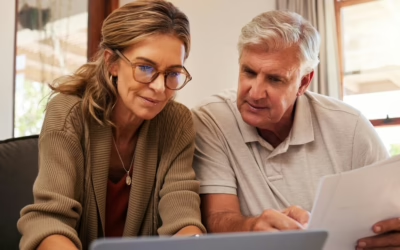Retirement is a major life milestone—often exciting, but sometimes uncertain. Superannuation, Account-Based Pensions (ABPs), investments and spending plans all have moving parts, and working out how they fit together can feel overwhelming.
That’s when some professional guidance and support can make all the difference. Today we highlight how Retirement Essentials’ adviser, Nicole Bell, has helped members, Mei and David to build clarity and confidence about the road ahead.




